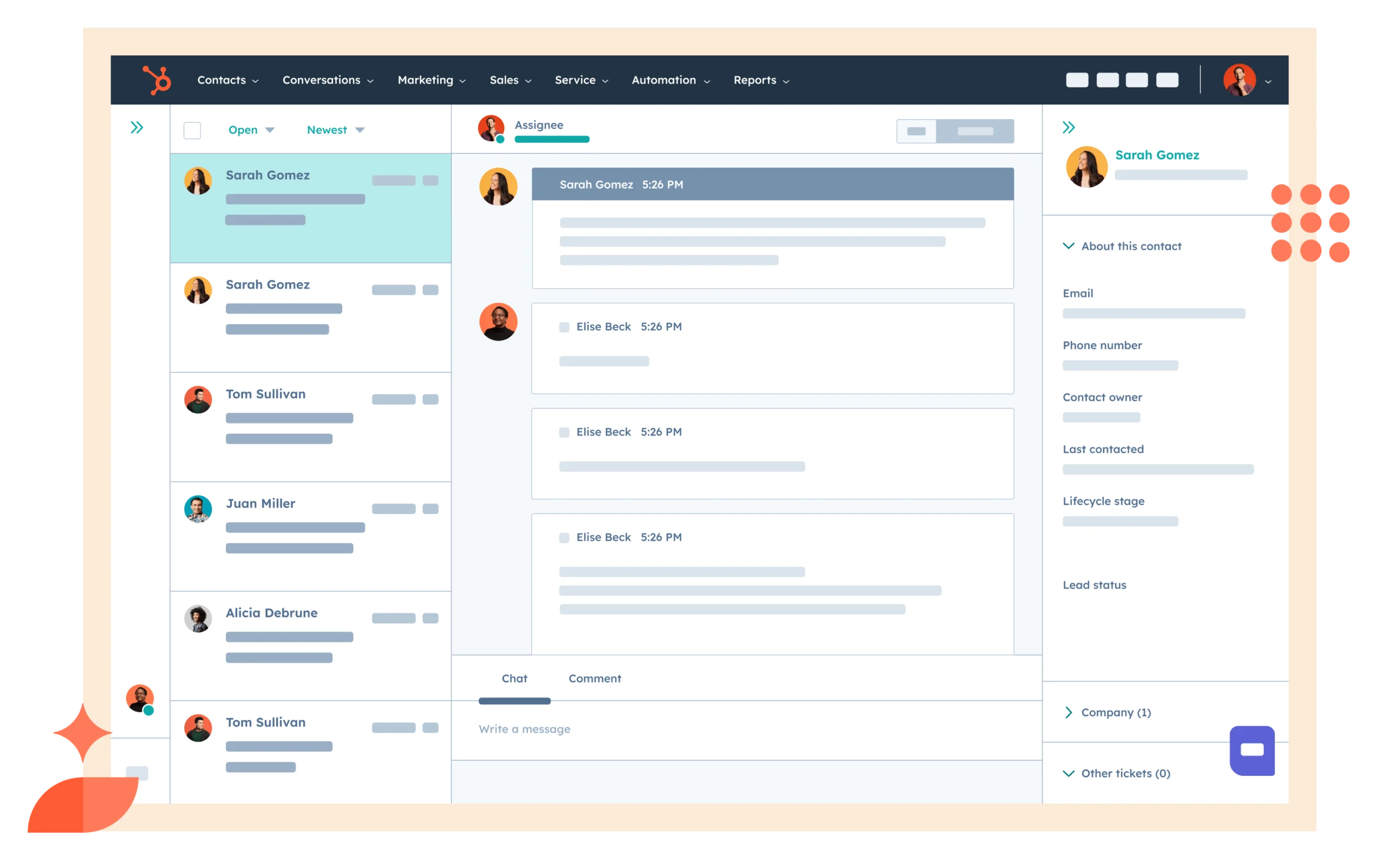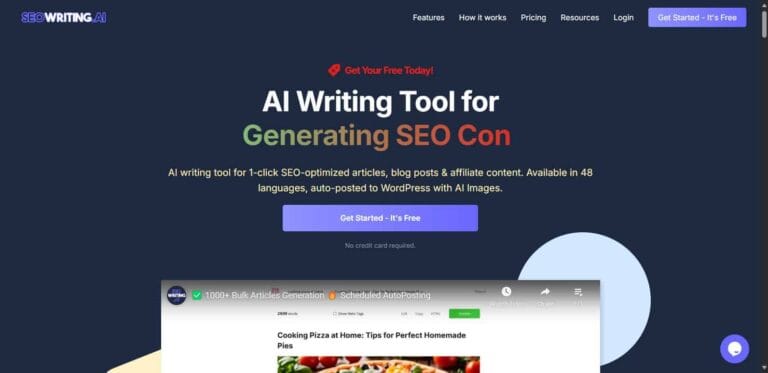
Introduction to HubSpot
HubSpot has long established itself as a leading all-in-one platform for marketing, sales, customer service, and CRM. Founded in 2006, HubSpot has grown into a solution that empowers businesses with a suite of tools aimed at attracting, engaging, and delighting customers. With both free and premium versions, it serves everyone from small startups to large enterprises, providing valuable insights and streamlining business processes.
Key Features of HubSpot
Covers four primary areas: Marketing, Sales, Service, and CRM. Each component can be used individually or together for a comprehensive approach to business management. Here’s a closer look at what each part has to offer:
| Hub | Key Features | Benefits |
|---|---|---|
| Marketing | Email Marketing, SEO Tools, Social Media Integration | Boosts lead generation and audience engagement |
| Sales | Lead Tracking, Pipeline Management, Email Sequences | Helps improve sales tracking and conversions |
| Service | Help Desk, Ticketing System, Customer Feedback Surveys | Enhances customer support and satisfaction |
| CRM | Contact Management, Deal Tracking, Pipeline Visualization | Centralizes client data for improved communication |
HubSpot’s platform is particularly known for its CRM (Customer Relationship Management), which integrates seamlessly across the Marketing, Sales, and Service hubs. It’s designed to be user-friendly, even for those new to CRM tools, making it an excellent choice for companies looking to streamline their customer management.
Advantages of Using HubSpot
- Comprehensive Toolset
Offers everything under one roof, from email marketing to automated workflows, allowing businesses to manage all aspects of customer engagement without needing additional software. - Easy Integration
Connects easily with various platforms, such as Gmail, Outlook, Slack, and more than 500 other apps. This flexibility makes it simple to adapt HubSpot to an existing tech stack. - User-Friendly Interface
Is built to be intuitive, with clean dashboards and easy-to-navigate options, which makes it accessible even for beginners. - Powerful Analytics
Provides in-depth analytics, enabling companies to understand their audience and improve campaigns based on solid data.
Potential Drawbacks
While HubSpot has numerous benefits, it’s essential to consider the following limitations:
- High Costs for Premium Plans
While the free tools are highly functional, upgrading to HubSpot’s premium options can become expensive, especially for smaller businesses. - Complexity at Scale
Larger enterprises with more complex needs may find HubSpot limited compared to other more specialized tools.
| Pros | Cons |
|---|---|
| Wide array of tools in one platform | Premium plans can be expensive |
| Excellent integration capabilities | Can be complex for large-scale customization |
| Strong analytics and reporting features | Limited features in free versions |
| User-friendly interface and easy setup | Certain integrations require technical setup |
Pricing Structure
HubSpot’s pricing is structured in tiers, catering to different business sizes and needs. The free version includes CRM, email marketing, and a few other essentials, while the Starter, Professional, and Enterprise plans expand on these features.
| Plan | Monthly Price (Approx.) | Best For |
|---|---|---|
| Free | $0 | Small startups, basic CRM needs |
| Starter | $20 | Small businesses |
| Professional | $890 | Growing businesses |
| Enterprise | $3,600 | Large businesses with complex needs |
Each plan has its own set of features, making it easy to scale up as your business grows. While the free version is ideal for testing HubSpot’s basic tools, upgrading unlocks features like automation workflows and custom reporting.
SEO-Friendliness of HubSpot
Is known for its SEO capabilities, providing tools like keyword suggestions, content optimization tips, and SEO-friendly blog editors. These features make it easier for businesses to produce optimized content, rank higher in search engines, and drive organic traffic.
Customer Support and Training
Offers extensive support options, from a comprehensive knowledge base to 24/7 customer support for paid plans. Additionally, HubSpot Academy provides free training resources on topics such as inbound marketing and sales strategies, helping users get the most out of the platform.
Conclusion
HubSpot is a robust, all-in-one platform that caters to various aspects of business management. With its extensive suite of tools, scalability, and support, HubSpot is well-suited to companies looking for an integrated solution to attract, engage, and delight customers. While it may not be the best choice for every business, particularly those with budget constraints, its benefits make it an industry leader in the world of marketing and CRM software.





